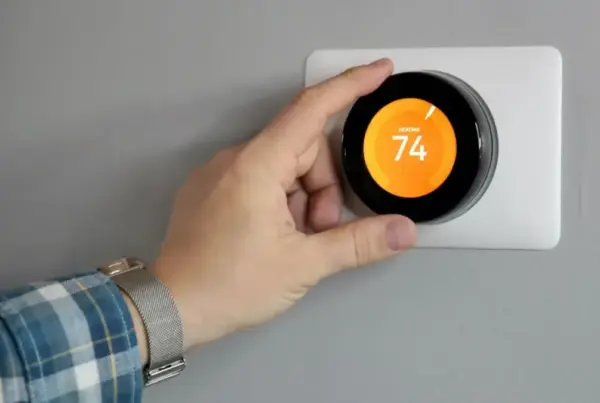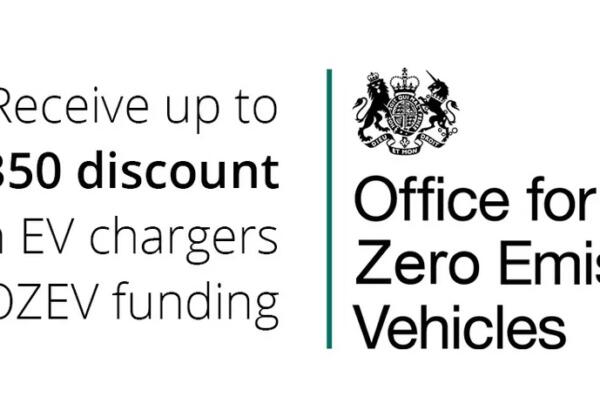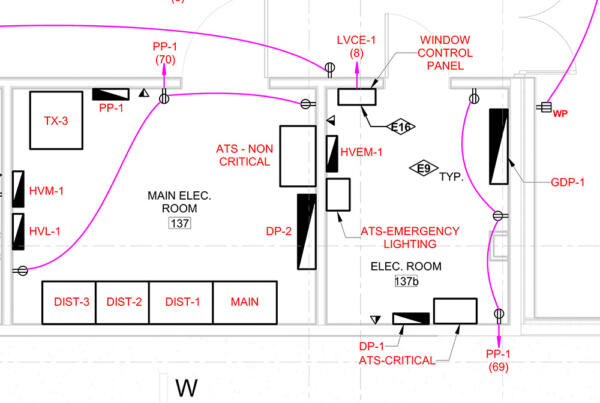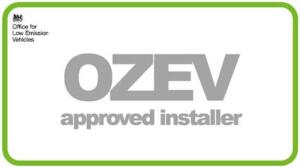An electrical burn is caused when a person comes into contact with a live current, such as touching an electrically live object or coming in contact with electrified water or metal part.
More rarely, getting struck by lightning can also cause an electrical burn, however we have a feeling that you don’t particularly need to be worried about that as there is a 1 in 500,000 chance of that happening!
An important distinction to make when diagnosing the burn is whether it had an electrical cause or a thermal cause.
For example, burning your hand on the tongs of your hair straighteners would be a thermal burn rather than an electrical burn, as an electrical burn can have an entry and exit point and will likely cause damage beneath the skin which would require different treatment.
You might think your electrical burn isn’t that big of a deal since the surface damage may be easily overlooked, however they can cause quite significant damage to the tissues deeper underneath the skin.
Blood vessels, nerves, muscles, tendons, fat and bones may all be affected by an electrical current running through your body which can cause a lot of physical damage and ongoing pain.
If you have been electrically burnt we advise that you get medical treatment as soon as possible, no matter how minor you think your injury to be.
If you witness someone get electrically burnt, ensure that they are no longer in contact with the live current by using a piece of non conductive material such as plastic or wood if possible before touching them and avoiding moving them until professional medical care has arrived.
Electrical burns can be prevented as far as reasonably practical, especially within the home. Here are a few tips to help you avoid an electrical burn at your home:
- Make all sockets accessible by children and untrained individuals safe by using a cover to prevent them from touching them with wet hands or put their fingers in them.
- Avoid putting any wires or electrical items in a place where water could come into contact – e.g. kitchen, garden or bathroom.
- Make sure you have a working RCD (residual current device) fitted in your home to protect you from earth leakage currents – usually found in your consumer unit.
- Have your properties electrical wiring inspected and tested by a trained registered electrician who will carry out a test and itemise any defects you may have.
- Don’t have electrical wires within reach of infants, children or pets as they might start to chew on the wire which could cause an ‘oral burn’.
- Don’t use any electrical appliances while wet or with wet hands.
- Make sure you don’t have any dangerous electrical appliances/gadgets in your home by having PAT testing carried out on them and if you buy from reputable retailers or straight from the manufacturer this should already be checked and tested by them.
Keep safe call us today.











